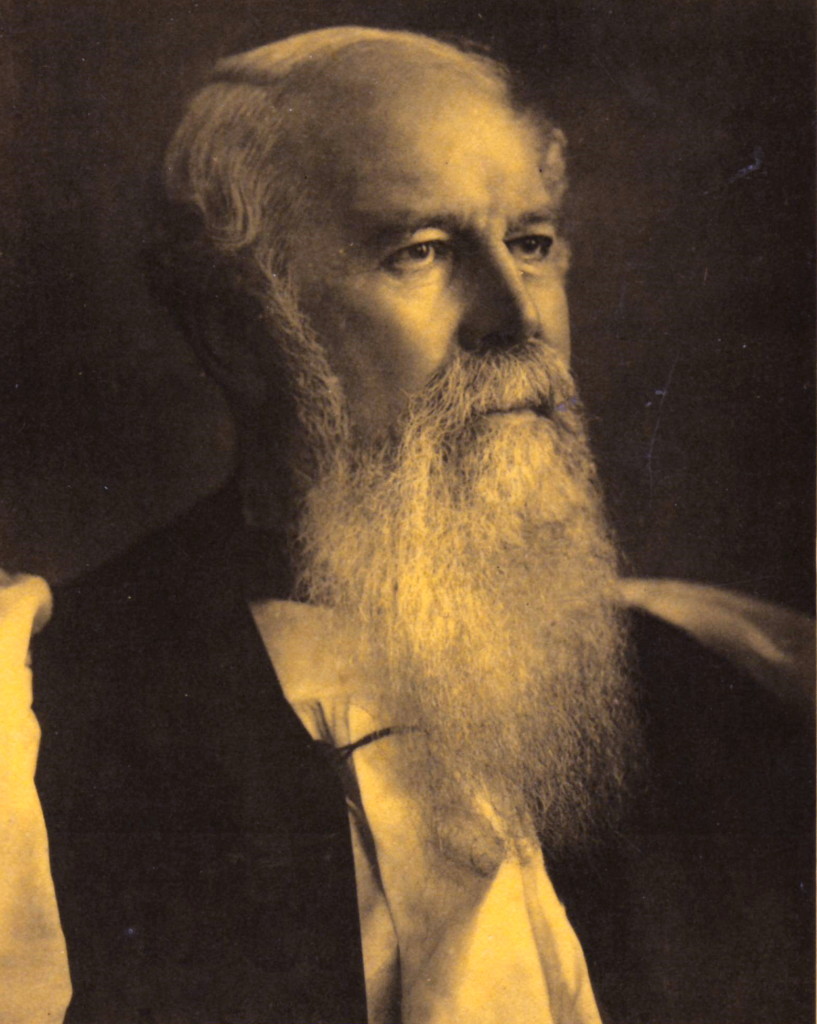It’s a long-standing Trinitas tradition to close out each day with the entire school singing the Doxology together. To lift our voices together and sing “Praise God from Whom all blessings flow. Praise Him all creatures here below. Praise Him above ye heavenly hosts. Praise Father, Son, and Holy Ghost. Amen.” is the best way I know how to depart one another’s company. It is like we take all of the energy expended, the knowledge and wisdom pursued, the time invested in training affections, and the virtue cultivated and affix the postage of worshipful prayer to it before sending it heavenward for the day. It is a glorious experience. Even if the little ones sing a tad too loudly to be on key and I struggle to start on the same pitch two days in a row, it is a glorious experience.
James Cowart
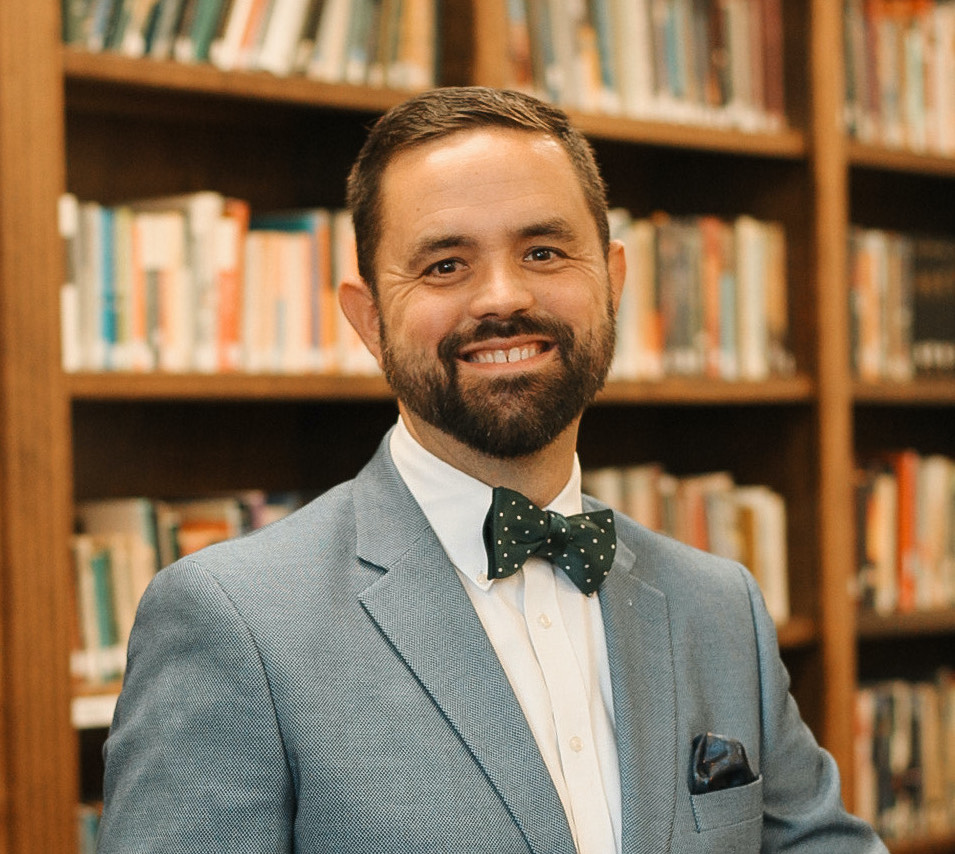
Recent Posts
One hundred twenty-eight years ago, the United States Congress officially recognized the social and economic impact of American workers by, ironically, giving them a day off. Since that time, the first Monday in September has been a federal holiday often celebrated with parades, fireworks, and backyard barbecues. Acting as the unofficial end of summer, Labor Day might also represent the end of lazy summer living and the start of the demands of a new school year. Yet for the thoughtful Christian, even a secular holiday such as Labor Day should be cause for contemplation.
Topics: Blog Posts, Parenting, Christian Education, Social Issues
Graduation is such a special time in the life of young adults. In the present age, it has become arguably the most important rite of passage into adulthood. Eighteen-year-olds across the nation stand on a threshold: thirteen or more years of compulsory schooling is behind them, and the whole world lies ahead. Education, career, marriage, everything is ahead of them, and finally, they get to make their own decisions about where to go and what to do.
Topics: Blog Posts, School Life, Alumni, Christian Living
Trinitas has a long and tasty history with barbecue. You might even say it's an integral part of a Trinitas education! Back in the early days of the school, our founding headmaster’s father, Grampa Trotter, used his meat-smoking prowess to bring school families together for picnics and community-building events. Even Grandma Trotter pitched in with her famously delicious, but always secret sauce. Although the Trotter family has all passed on from our school, the tradition of sharing good barbecue with friends and family still remains, particularly in connection to the annual Trinitas Junior/Senior Aesthetics trip.
Topics: Blog Posts, School Life, History, Aesthetics Trip
What possible connection could there be between an ancient Greek teaching method, learning experienced shared by Trinitas students, and how intentional parents can train thoughtful children?
First the answer to the question and then an explanation. The connection is this: the pursuit and apprehension of Truth.
Topics: Blog Posts, History, Classical Education, Teaching
Rather than a random group of dots, the various facets of education should connect like a column of ants traversing a picnic blanket. Last Friday, I had the privilege of watching junior kindergartners retelling four classic fairytales using student narration and finger puppets. Later that evening, I listened to three students present and defend their senior thesis projects. Contemplating these examples drawn from the beginning and end of a Trinitas education is worthwhile for thoughtful parents serious about the kind of education they want for their children.
Topics: Blog Posts, School Life, Classical Education, Thesis Projects, Public Speaking, Parent Involvement, Virtue
Generational faithfulness is a recurring discussion in the Trinitas community. Even while being considered for admission, prospective parents are asked to describe the fundamental beliefs and practices that form the primary foundation for their child’s faith formation. Continuity between how parents order their own lives and the expectations they hold for their children is essential. One generation’s faithfulness before God forms an avenue of blessing for succeeding generations.
Is there anything a 19th century Anglican Bishop can teach modern Christian parents about training their children? In short, absolutely! As Trinitas parents gather this week for the first Parent Traditio of the new year, they will be discussing a short essay written by J. C. Ryle entitled The Duties of Parents. In it, Bishop Ryle shares seventeen specific directives for Christian parenting that are gospel-centered and rooted in common sense while also practical and encouraging.
Topics: Blog Posts, Parenting, Christian Education, Christian Living


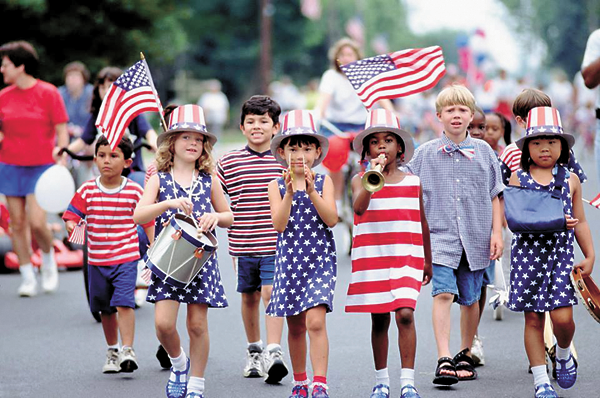
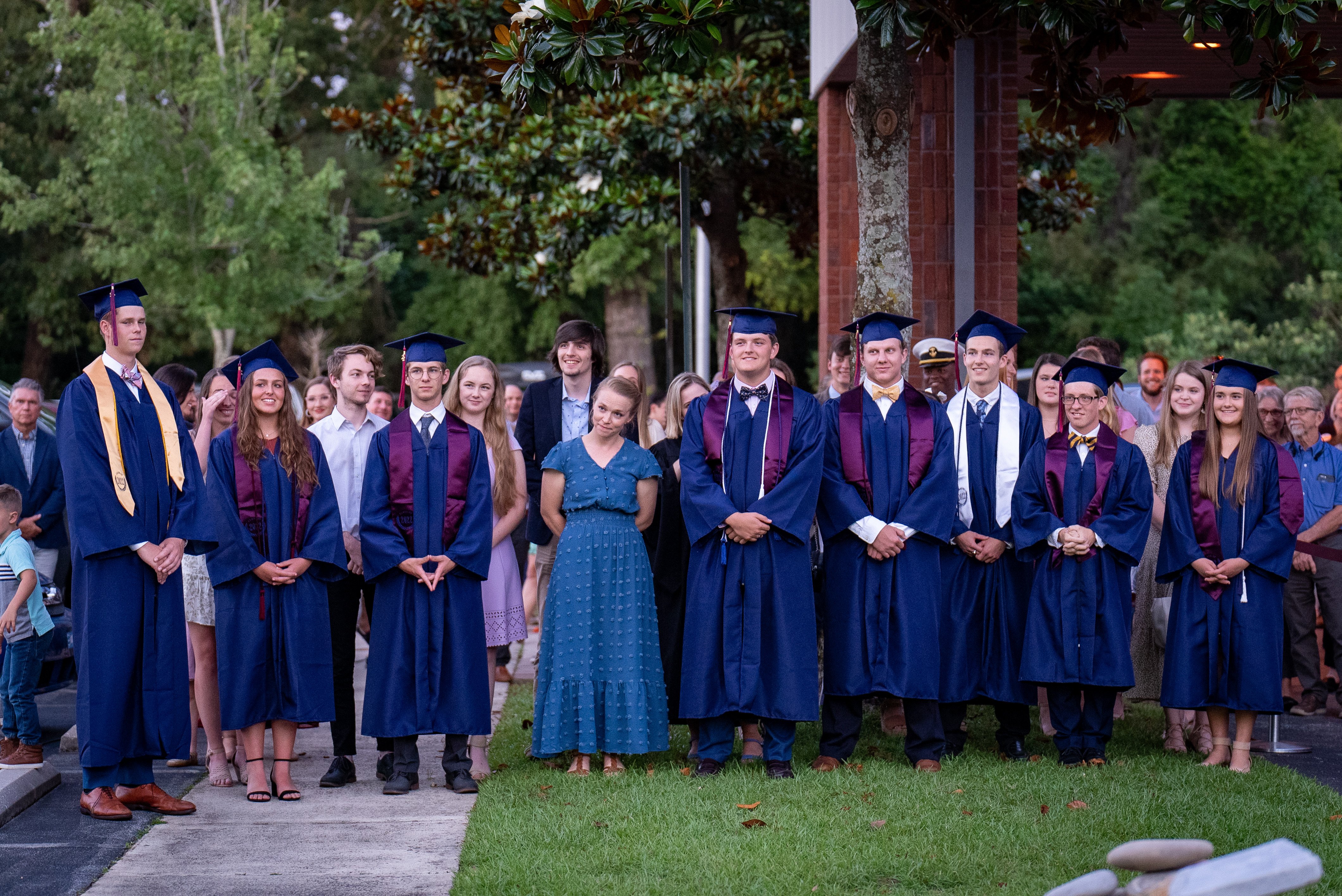

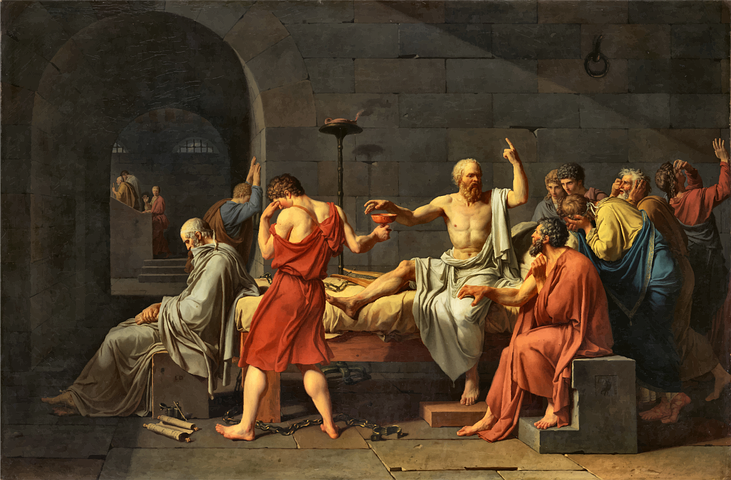
-2.png)

